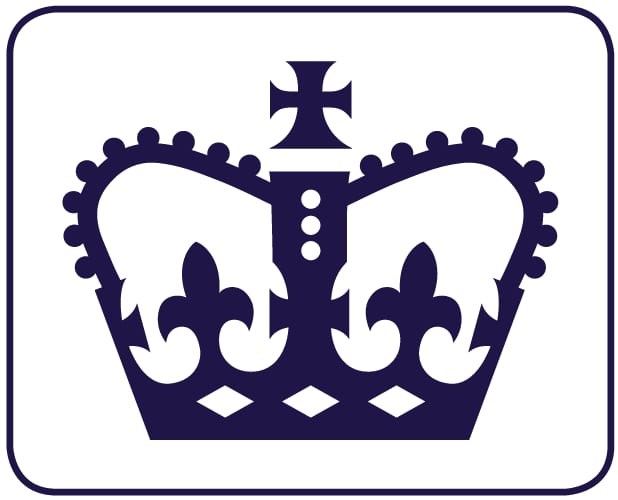
A survey by the Charity Commission has found that nearly all (91%) charities in England and Wales have experienced some negative impact from COVID-19.
The survey asked charities about their experiences during the pandemic including access to volunteers, their financial state, adaptations to services and concerns about future viability.
The main impact to charities was their ability to deliver their usual services and activities. 85 per cent said the pandemic had impacted delivery with 45 per cent saying they took some action to adapt their services to COVID-19 restrictions.
For many charities these adaptations included moving some services online. The survey revealed that 49 per cent of charities had made better use of digital technology during this time.
The survey was conducted between July and August 2021 following media reports and anecdotal evidence that the pandemic had a significant impact on the security and ability of charities to continue operating.
Regarding the results, the Charity Commission said: “the Charity Commission recognise that due to the diversity of charities there are a lot of different impacts but a negative impact has been felt overwhelmingly.”
This strain on the Voluntary and Community Sector (VCS) has been evident to those working in it, including People’s Health Trust funded partners.
One issue picked up in the Charity Commission survey, that “charities indicate[d] almost half of service users and beneficiaries experienced increased levels of loneliness, isolation and anxiety”, was echoed by results from People’s Health Trust’s COVID-19 impact survey.
In the Trust’s latest COVID-19 impact survey, mental health was the area of greatest concern, with 97 per cent of project leads identifying this as a concern within their communities and neighbourhoods. The welfare of staff leading the projects was separately highlighted as ‘a major concern and priority’; 44 per cent of project leads indicated their concerns around the mental health.
People’s Health Trust funded partners shared their widespread concern about the capacity of the voluntary sector to respond to the enormous challenges facing communities. Anecdotal evidence points to increased demand for services and an increased need for emergency aid. 41 per cent of community groups told People’s Health Trust they were providing food packs and 30 per cent said they would continue providing emergency aid.
The Charity Commission survey did not look at increased demand, but 32 per cent said access to volunteers had decreased and 72 per cent were concerned about their financial position. This could spell a difficult winter for charities as well as communities, concerns which were recently raised by anti-poverty charities like Trussell Trust.
People’s Health Trust has called for direct and prioritised mental health support for Voluntary and Community Sector (VCS) workers and people within communities experiencing disadvantage - through rapid referral to local counselling and support services.
The data from the Charity Commission survey adds to the bank of growing evidence that the VCS sector will not be able to continue to plug gaps in community support if they are not also given the support they need themselves.
